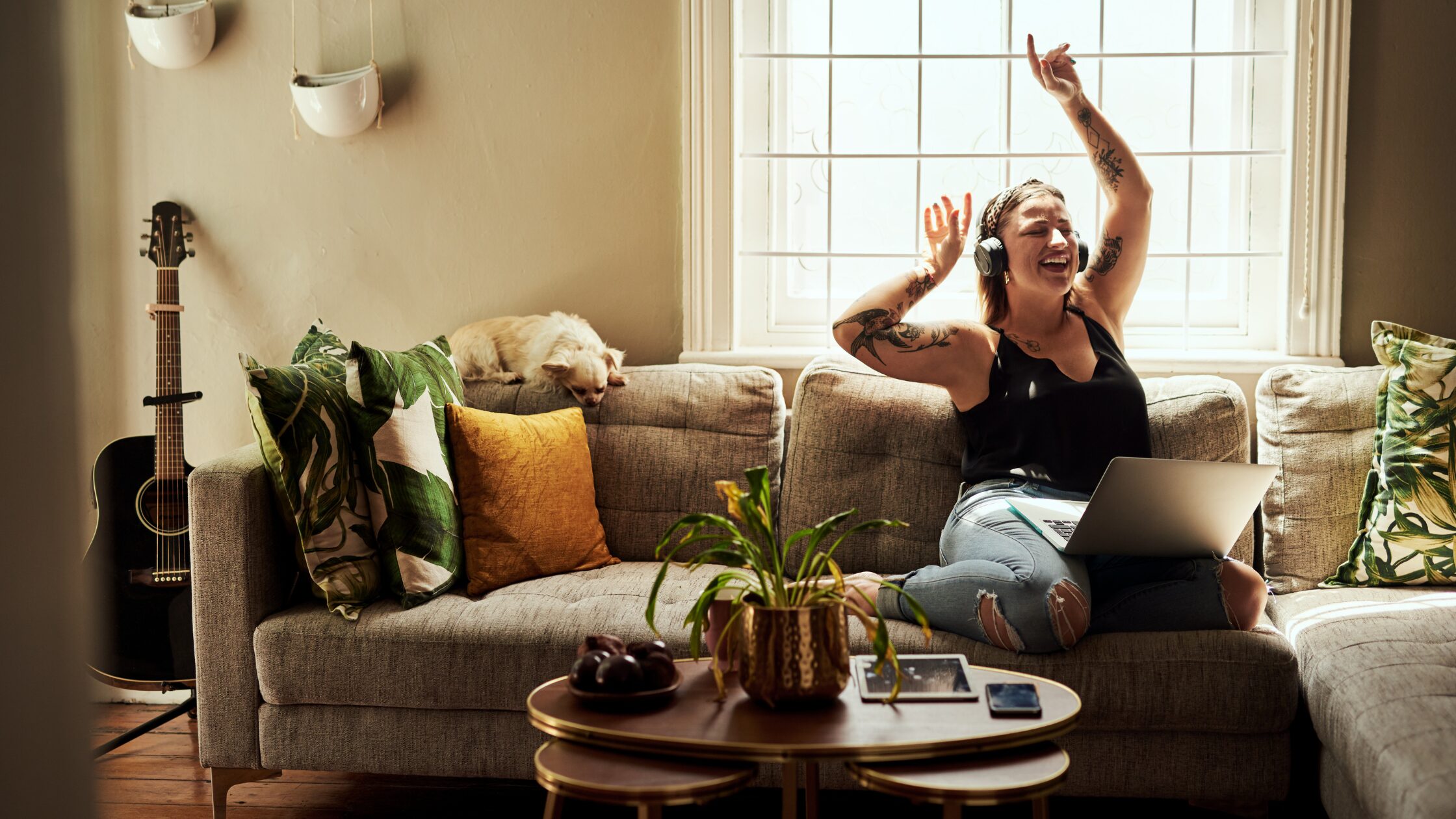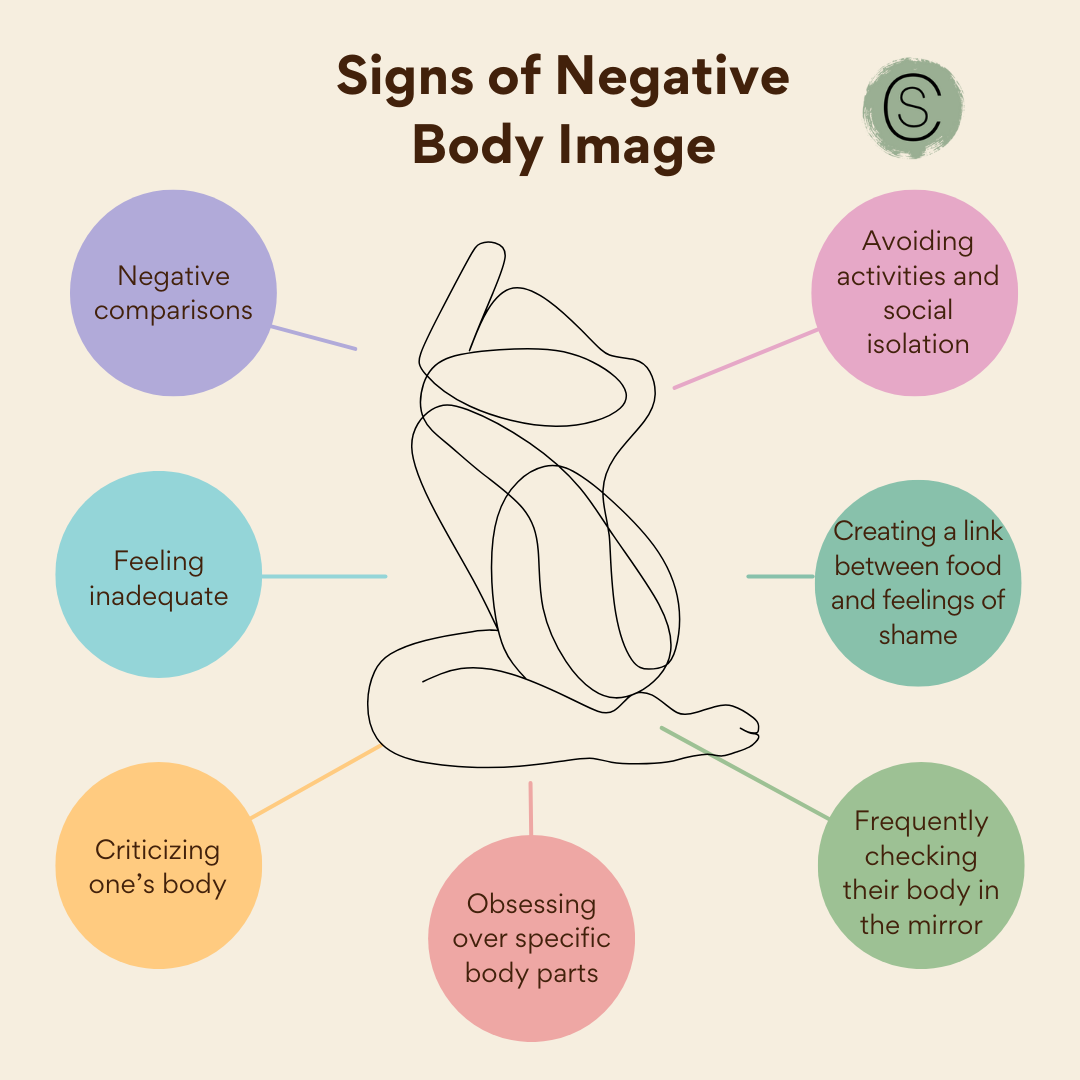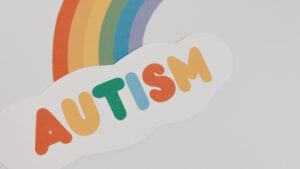Ways To Develop A Positive Body And Improve Self-Esteem
A survey from the Mental Health Foundation found that around 20% of men and women experienced shame and felt down with their body image. The rates are higher in minors as noted by the surveys shared by the Mental Health Foundation. There are several reasons that people experience emotional difficulty with body image.
What affects body image?
The National Eating Disorder Association define body image with the inclusion of behaviors, thoughts, feelings, attitudes, and perceptions. This is shared to help you keep in mind as to how one’s physical appearance can impact five different areas. If you can, take a moment to consider body image in your life.
- How does your body image impact your thoughts?
- How does your body image impact your feelings?
- How does your body image impact your behaviors?
Body image is develop early in life when kids start to notice their appearance. Mixed in there is also the many messages that kids receive from their environment. Whether it be from caretakers or social media, all play an important role in the development of body image.
What is a negative body image:
A negative or unhealthy body image is seen as a person holding a distorted viewpoint of their physical appearance. The individual is often dissatisfied with their shape or physical appearance. Body disassociation can also include factors like hair color, skin texture, skin tone, physical ability, muscularity, and more. This can lead to experiencing the following unwanted symptoms.
- Shame.
- Anxiety.
- Self-consciousness.
- Low-esteem.
- Low-confidence.
- Social isolation.
- Depression.
- Flawed view of oneself.
- Unhealthy comparisons.
- Development of eating disorders.
- Development of over-exercising.
- Development of mental health disorders.
4 Ways To Improve Self-Image and Self-Esteem.
1. Surround yourself with positive role models.
Remember you can be one of those positive role models by practicing self-love through affirmations. Below are affirmations that you can practice:
- I love my body.
- I respect my body.
- My body is strong.
- I am complete as I am
2. Create social media boundaries.
You can do this by reducing exposure to social media applications, images, and spaces that are unhealthy. This practice takes time. The goal is to ensure that when you are using social media, you are in a healthy culture versus a toxic culture.
Another strategy to use with social media boundaries is to reflect on your feelings and thoughts. You can use a journal or a mindful moment to identify if the social media time is creating positive or negative feelings. If negative, try to evaluate why.
3. Challenge irrational thoughts.
Negative body image is often associated with a distorted perception of one self. This can be felt through unwanted symptoms of sadness, loneliness, or worry. Counseling can be an effective tool to help with addressing irrational thoughts that influence body image dissatisfaction. Click here to learn more about how counseling can help.
4. Embrace Authenticity
The practice of authenticity is all about learning how to appreciate, accept, respect, honor, and love yourself. A negative body image often leads a person to struggle with loving who they are. Click here for a helpful read on embracing your authentic self. Or if you prefer podcast, click here for a podcast on embracing your authentic self.
How does body image affect children and young people?
Children, like adults can experience body image issues for many of the same reasons. They can range from comparison of a celebrity on social media to an unfavorable comment that took place school or at home.
A review from Michigan Medicine University of Michigan shared that 2 in 3 parents noted their child experiencing body image issues that resulted in the child being self-conscious about their physical appearance.
Did you know that kids that experience body image challenges are often at risk from engaging in healthy behaviors?
In case you are wondering why, it is due to how the body image distortion can impact kids. A child may experience sadness, anxiety thoughts, and social isolation as a result of the body image difficulties.
The social anxiety, as an example, can lead kids to withdrawal from sports and other recreational activities that would typically act to help them with healthy exercise and socialization.
Common Risk Factors For Negative Body Image.
Let’s first start by bringing attention to the understanding that the list of risk factors for body image issues can be vast and range. Next, let’s bring attention to the understanding that anyone can be impacted by body image issues. This is shared to encourage readers to hold an increased awareness of the risk factors of negative body image and in addition to practice positive empowering and compassionate-drive language.
Social Media.
Research shows how social media can impact impact mental health. Media like movies or advertisement can play a role in impacting people. Social media images posting the desired body type can lead viewers to compare themselves and experience a sense of inadequacy. Social media can create a toxic space aimed at negatively impacting body image through unrealistic beauty standards, comparison, and cyberbullying.
Social Acceptance.
This risk factor has to do with how society can place a direct or indirect emphasis on the need to be accepted in social spaces. Social acceptance is often very prevalent in settings and times of life. Such as, when trying to fit in during Middle or High School. Or even in adulthood when you feel a strong desire to fit into a specific social group.
Trauma.
People that experience trauma, such as a burn that has led to a change in skin texture or physical appearance. Or those that have forms of abuse are at-risk for experiencing negative body image.
Development.
Early development plays a major role in impacting body image. This can include the language used by caretakers, how caretakers support ones internal, media, trauma, and other factors.






